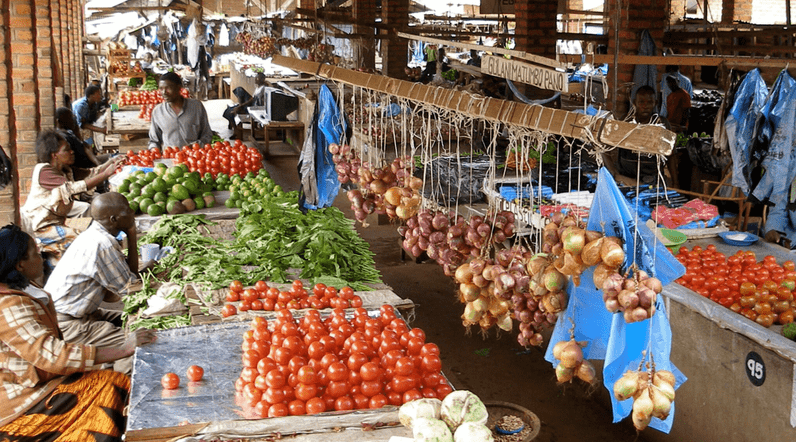In this Article
Sharing knowledge and best practices between countries and engaging stakeholders at all levels – national to local – is key to achieving sustainable development and reducing greenhouse gas emissions from food systems.

As food loss and waste (FLW) contribute significantly to global greenhouse gas (GHG) emissions, reducing FLW is essential for improving food security and nutrition and combating climate change. Despite this, most countries have not incorporated FLW reduction strategies into their Nationally Determined Contributions (NDCs) under the Paris Climate Agreement, leading to misalignment between FLW management policies and climate action objectives.
To address these challenges, national consultations were conducted in Bangladesh, Malawi, and Nepal between April and June 2024 under the Comprehensive Action for Climate Change Initiative (CACCI), led by the International Food Policy Research Institute (IFPRI) and supported by the US Agency for International Development (USAID). These consultations brought together diverse stakeholders to identify issues and opportunities related to the integration of FLW.
The consultations highlight the importance of integrating FLW management into climate policies and NDCs, strengthening institutional frameworks and regulatory systems at both national and sub-national levels, investing in research and technological innovations, enhancing financial support for value chain improvements, including better storage and transportation, implementing robust tracking and reporting systems to provide valuable data, and conducting capacity building, training programs, and public awareness campaigns.
Reducing food loss and waste should be a collaborative effort integrated within broader climate change and food system transformation strategies. The sharing of knowledge and best practices across nations, along with the active engagement of stakeholders at all levels — from national to local — is essential in achieving sustainable development and reducing the GHG emissions associated with food systems.
Reference: Babu S., et. al. (2024). Reducing food loss and waste for climate outcomes: Insights from national consultations in Bangladesh, Malawi and Nepal. International Food Policy Research Institute. Retrieved September 2, 2024 from https://www.ifpri.org/blog/reducing-food-loss-and-waste-for-climate-outcomes-insights-from-national-consultations-in-bangladesh-malawi-and-nepal/




